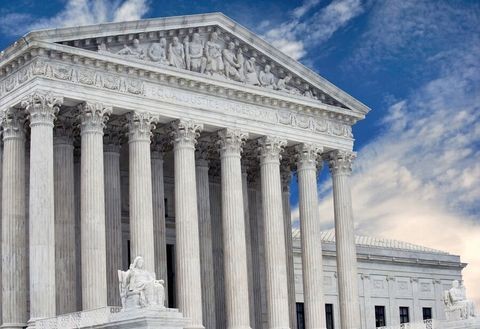Laches Defense No Longer Available in ASBCA Appeals
Client Alert | 1 min read | 07.08.21
In Lockheed Martin Aeronautics Company, ASBCA No. 62209 (a C&M case), the Board granted Lockheed Martin’s motion for summary judgment on the issue of whether the Government can assert laches as an affirmative defense to a Contract Disputes Act claim. In a case of first impression, Lockheed Martin argued that the affirmative defense of laches is not available in CDA appeals because laches is an equitable doctrine, which may not be applied when there is an applicable statute of limitations, such as the CDA’s six-year statute of limitations. The Air Force argued that FAR 33.203(c) preserves the equitable defense of laches because the clause states that the Boards of Contract Appeals “continue to have all of the authority they possessed before the Disputes statute with respect to disputes arising under a contract, as well as authority to decide disputes relating to a contract.” The Board held that, consistent with the U.S. Supreme Court’s decisions in SCA Hygiene Prods. Aktiebolag v. First Quality Baby Prods., LLC, 137 S. Ct. 954 (2017) (a patent case) and Petrella v. Metro-Goldwyn-Mayer, Inc., 572 U.S. 663 (2014) (a copyright infringement case), laches is not available when there is a “legislatively-enacted statute of limitations,” and FAR 33.203(c) does not preserve the pre-FASA affirmative defense of laches. The Board noted that while the Federal Circuit has not yet applied SCA Hygiene in a CDA case, the Board is bound by the precedent of the United States Supreme Court, and therefore does not need to await a Federal Circuit decision.
The Board’s decision in Lockheed Martin Aeronautics Company marks the end of laches as an affirmative defense to claims brought within the CDA’s six-year statute of limitations at the ASBCA.
Insights
Client Alert | 3 min read | 05.15.24
On May 9, 2024, the U.S. Supreme Court issued a ruling in Warner Chappell Music Inc. et al. v. Sherman Nealy et al., Case No. 22-1078, resolving a circuit split in federal courts as to whether it is possible to recover copyright damages beyond the three-year filing statute of limitations. The court held in a 6-3 ruling that there is no time limit on monetary recovery, while leaving the three-year filing deadline intact.
Client Alert | 3 min read | 05.14.24
Client Alert | 4 min read | 05.13.24
Harmonizing AI with EEO Requirements: OFCCP’s Blueprint for Federal Contractors
Client Alert | 7 min read | 05.13.24
SEC Enforcement Actions Signal Enhanced Scrutiny Around “AI Washing”







